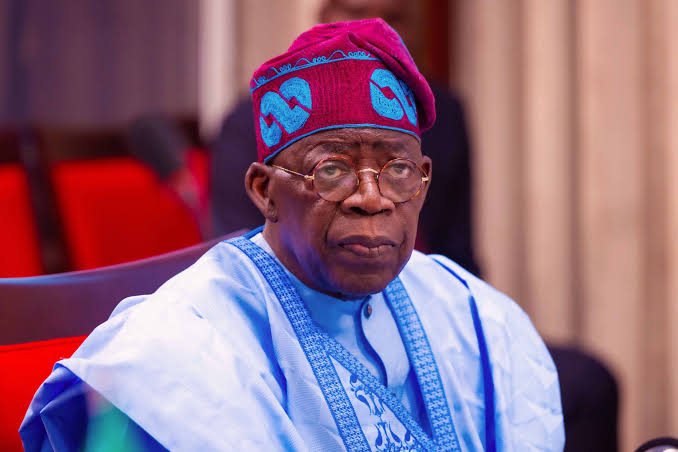Women Bill support gained powerful momentum on Monday as President Bola Tinubu, Senate President Godswill Akpabio, and Speaker Tajudeen Abbas openly endorsed the Reserved Seats for Women Bill. This public show of unity marked a turning point in Nigeria’s long struggle for gender balance in politics. Moreover, the backing of such high-ranking leaders instantly elevated the bill’s profile nationwide. Advocates believe this shift could finally break barriers that have excluded women from meaningful political roles for decades.
The bill is under consideration at the National Public Hearing on Constitution Alteration in Abuja. It proposes an amendment to the 1999 Constitution that would create extra legislative seats for women in both the National Assembly and state houses. Furthermore, the reform is designed to provide women with secure representation rather than leaving their inclusion to chance. Supporters argue that real democracy cannot flourish if half of the population remains marginalized in decision-making.
Nigeria has a long history of underrepresentation of women in politics. In fact, despite women forming nearly half of the population, they occupy only a fraction of elected offices. Consequently, policies affecting communities often miss crucial perspectives. Advocates of the bill argue that reserved seats are not about tokenism, but about fairness. Moreover, they stress that deliberate action is required to correct structural imbalance. Without such reforms, they say, equality will remain a distant dream.
Read more: Togo Prepares for Gas Pipeline Maintenance Interruptions.
The endorsement by Tinubu, Akpabio, and Abbas carries symbolic and practical significance. Their voices influence political direction, and their unity sends a message of seriousness. In addition, it assures citizens that this bill is not a fringe idea but a central priority. Nigerians have long demanded reforms to make leadership more inclusive, and this visible support demonstrates progress. Furthermore, it encourages legislators and political actors to align with a cause rooted in justice.
Critics of reserved seats often argue that representation should come through merit, not structural changes. However, supporters counter that merit cannot thrive in a system stacked against women from the start. By establishing reserved spaces, the bill ensures opportunities, and once inside, women can demonstrate their abilities. Therefore, this approach is not lowering standards, but creating fair access. Additionally, advocates highlight global examples where similar reforms strengthened both governance and democracy.
The atmosphere at the hearing reflected the urgency of this reform. Citizens, civil society groups, and gender activists expressed optimism about the new momentum. Moreover, the conversation extended beyond representation, touching on issues of equity, dignity, and national progress. Participants argued that societies grow stronger when every voice is heard. They also noted that empowering women leads to more stable, prosperous communities. As a result, supporting this bill is not only about fairness but also about national development.
Women Bill support therefore represents more than a legislative push. It is a statement about Nigeria’s readiness to embrace inclusive politics. The endorsement by the country’s top leaders signals commitment to correcting historical injustices. Furthermore, it proves that gender equality is not a women’s issue alone, but a national one. If the bill succeeds, it will reshape the political landscape and inspire generations of Nigerian women to lead.





